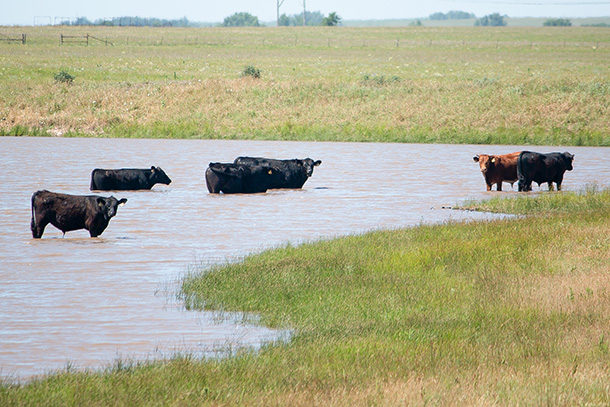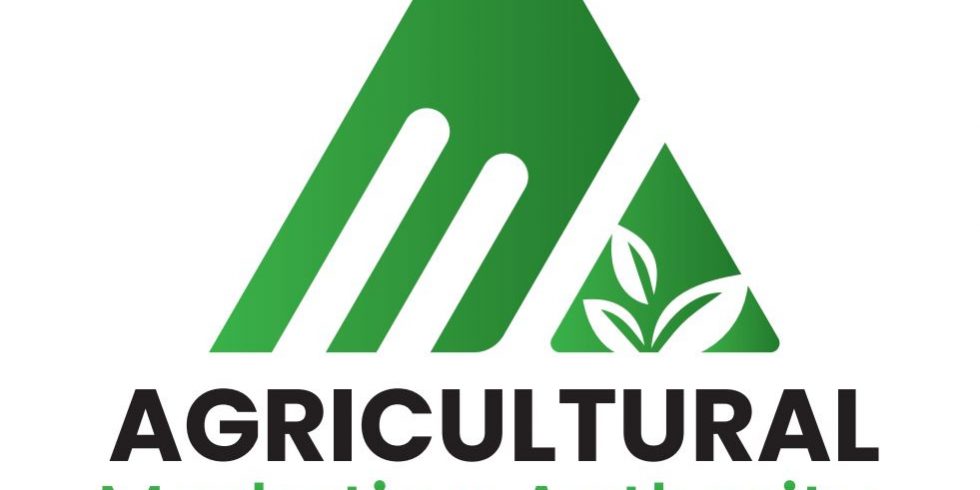
By Cliff Chiduku
In 2020, the government approved the Livestock Recovery and Growth Plan (2021-2026), whose thrust is to put in place interventions to address livestock production and productivity issues required for a good foundation for the livestock sector to assume its prominent role in transforming rural livelihoods and provide raw material for local industries.
The blueprint is meant to address myriad of challenges facing the sub-sector among them genetic improvements, animal health and livestock management. The challenges have resulted in low production characterised by low fertility, poor meat quality, high mortality, and morbidity, among others.
Currently, the national herd stood slightly above 5.5 million and the figure will no doubt rise sharply owing to various interventions by government, among them artificial insemination, Presidential Tick grease and fodder bank programmes and a countrywide rehabilitation of dip tanks.
While the government is doing its part, farmers should also play ball by ensuring that they employ good cattle management practices to increase production in terms of quality and quantities. Eyes should be set on the lucrative export market for livestock products. That said, the management of cattle differs with seasons. With summer is upon us, here are some of the tips to manage cattle.
Summer comes with high temperatures so for cattle farmers, there is a lot that needs to be done to make sure they do not lose their animals. Managing cattle in the summer requires careful attention to their health, nutrition, and overall well-being. The hot weather can pose various challenges for cattle, including heat stress, dehydration, and reduced feed intake. The warm weather and increased exposure to various environmental factors can contribute to the development and spread of certain diseases in cattle. It is essential for livestock owners to be aware of these diseases, their symptoms, and preventive measures to ensure the health and well-being of their cattle.
https://www.sundaymail.co.zw/preparing-cattle-for-winter-season
Cattle should have access to shaded areas throughout the day to protect them from direct sunlight and excessive heat. Natural shade from trees or artificial shade structures can be used to create comfortable resting areas for the animals.
Cattle need a constant supply of clean and fresh water to stay hydrated during hot weather. It is crucial to regularly check water sources and ensure they are not contaminated or running low. Providing multiple water troughs or tanks in different locations can help prevent overcrowding and ensure all animals have access to water.
In summer, cattle may experience reduced appetite due to heat stress. It is important to adjust feeding practices accordingly by providing highly digestible and palatable feeds. This may include increasing the energy density of the diet or offering more frequent smaller meals rather than large ones.
If cattle are on pasture during the summer, it is crucial to manage grazing patterns effectively. Rotational grazing can help prevent overgrazing and allow pastures time to recover. Moving cattle to fresh paddocks with ample forage can also provide them with better-quality feed.
Summer months often bring an increase in external parasites such as flies, ticks, and lice. These pests can cause irritation and stress to cattle. Implementing appropriate parasite control measures, such as fly repellents, insecticide ear tags, or regular grooming, can help minimize the impact of these parasites.
Regularly monitoring cattle for signs of heat stress is essential. Symptoms may include increased respiration rate, excessive drooling, reduced activity, and loss of appetite. If heat stress is detected, immediate action should be taken to cool the animals down, such as providing access to shade, water misting, or sprinklers. During hot weather, it is important to minimize the stress caused by handling cattle. Avoid working with them during the hottest parts of the day and handle them calmly and quietly to prevent unnecessary excitement or agitation.
Heat stress can have severe consequences on cattle health, productivity, and overall well-being. It can lead to reduced feed intake, decreased milk production, impaired reproductive performance, increased susceptibility to diseases, and even death in extreme cases. Cattle suffering from heat stress exhibit various signs such as increased respiration rate, excessive salivation, reduced activity, and seeking shade or water bodies.
The Brahman and Mashona breeds of cattle are known for their ability to withstand heat stress. They are well adapted to the harsh environmental conditions of the region, including heat stress. These two breeds have a higher sweat gland density compared to other breeds. Sweating is an important mechanism for heat dissipation in animals, as it allows for evaporative cooling. Heat stress occurs when animals are unable to dissipate heat effectively, leading to physiological and behavioural changes that can negatively impact their health and productivity.
Cattle may have increased mineral requirements during summer due to sweating and increased water intake. Providing a balanced mineral supplement can help ensure they receive essential nutrients that may be lacking in their diet.
Consulting with the nearest veterinarian who specializes in cattle health is always recommended. They can provide specific advice tailored to your herd’s needs and help address any health concerns or issues that may arise during the summer months.
In conclusion, managing cattle in summer requires careful attention to their environment, nutrition, and overall well-being. Providing adequate shade, ensuring clean water supply, adjusting feeding practices, managing grazing patterns, controlling external parasites, monitoring heat stress, adjusting handling practices and providing mineral supplements are crucial aspects of effective cattle management during hot weather. None but ourselves can transform our country.
Word from the market is a column produced by the Agricultural Marketing Authority (AMA) to promote market-driven production. Feedback cchiduku@ama.co.zw or WhatsApp/Call +263781706212.





